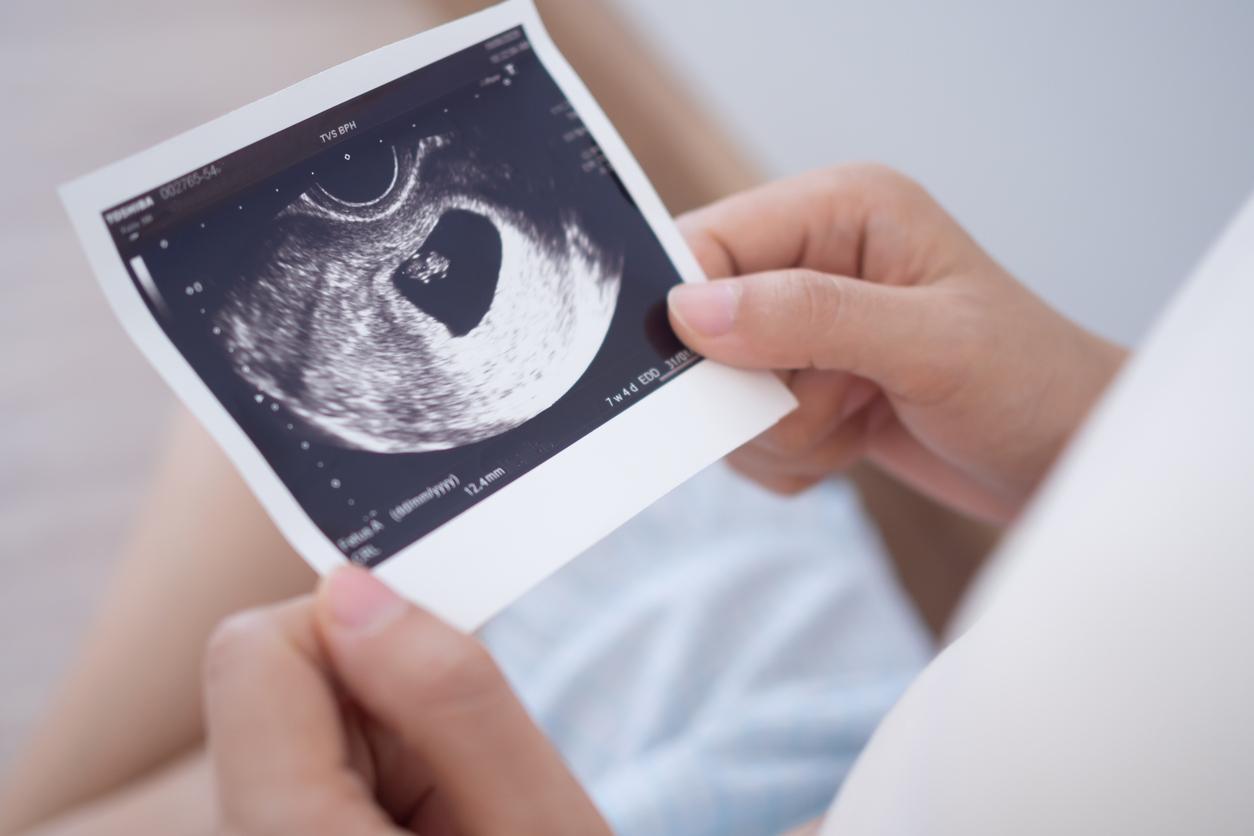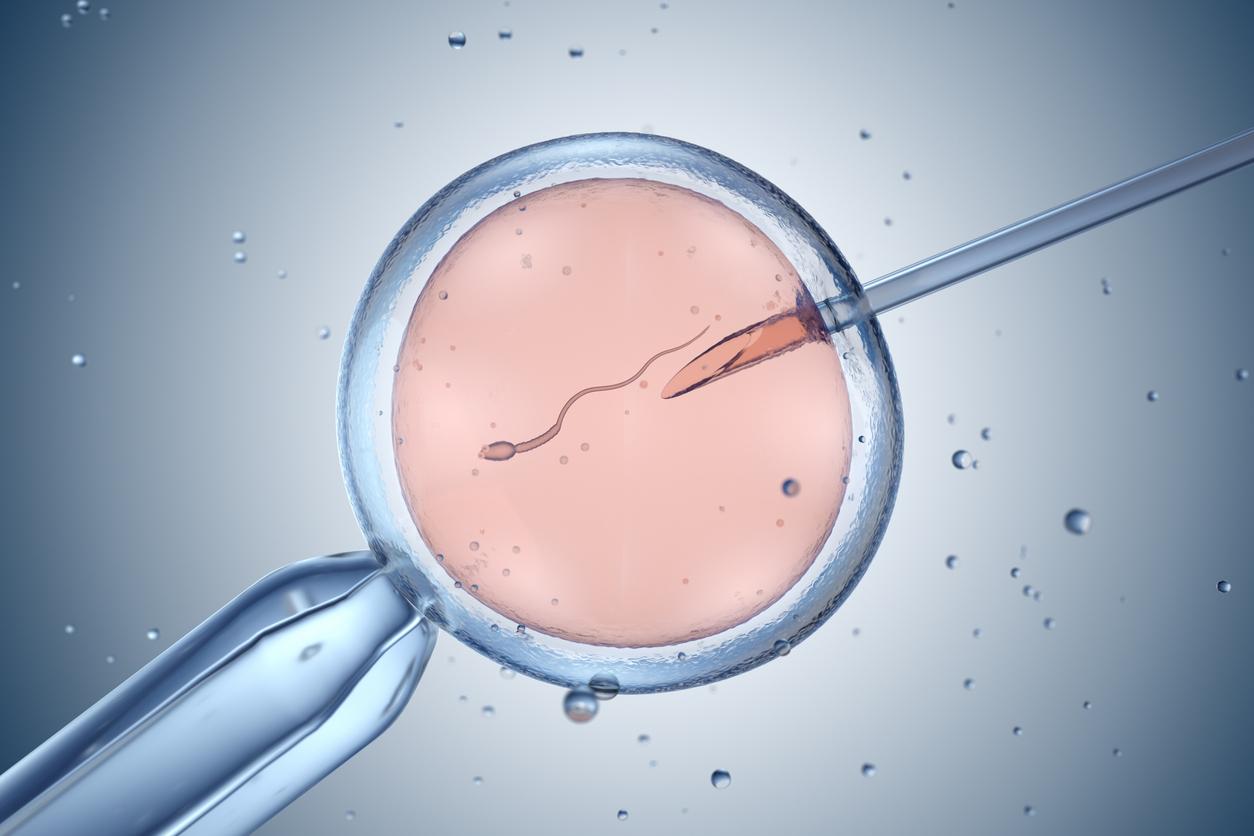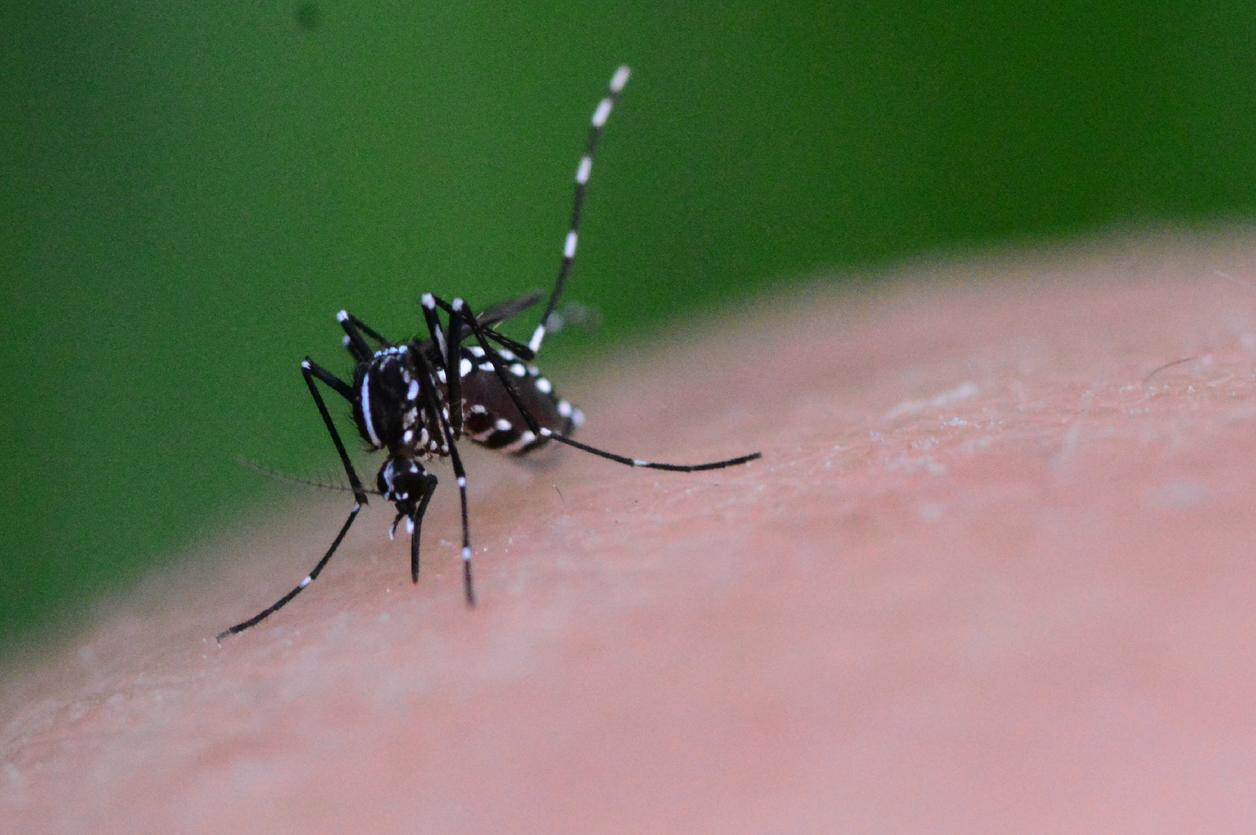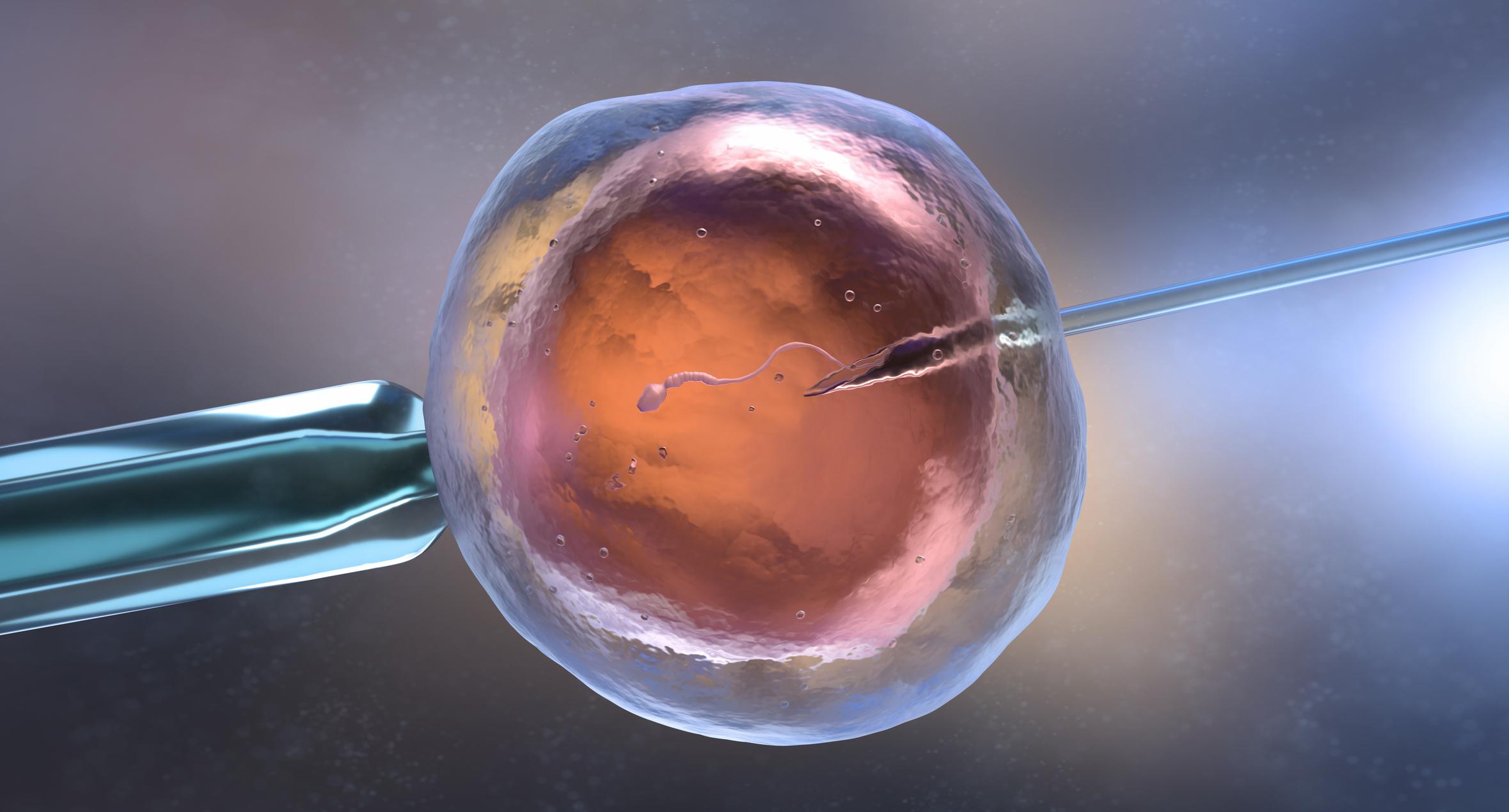Between 1997 and 2011 almost 900,000 children were born through In Vitro Fertilization in Europe. That number may have reached 1.4 million babies by now. These estimates are given by researchers at the Erasmus University Medical Center in Rotterdam, the Netherlands. In the review European Journal of Obstetrics & Gynecology and Reproductive Biology, scientists point to the growing demand for IVF in Europe. Problem, the use of this technique would not always be justified they judge. The researchers point to the “European paradox” according to which the growing number of interventions is not in line with a general decline in fertility on a European scale.
The flourishing IVF business
This situation would be linked to different factors according to the authors of the study: increase in the age of childbearing, delay before making a diagnosis of infertility to be able to claim IVF reduced to one year instead of two … But the most worrying element in the increase in IVF would be the “business” that has developed around the management of IVF.‘infertility. Medically assisted reproduction is a flourishing business which has resulted in a growing supply. Consequently, couples faced with the difficulty of conceive a child would be more quickly encouraged to take the procedure for IVF, without necessarily waiting a long time, and sometimes without medical indications.
In France, the costs associated with medically assisted procreationsuch as IVF are covered 100% by Health Insurance within the limit of six artificial inseminations and four in vitro fertilizations until an ultrasound pregnancy is obtained, recalls Inserm. The age of the woman must not exceed 43 years.
Read also :
How does in vitro fertilization go?
Test his sperm with a smartphone?
Fertility: diet affects the quality of sperm


















